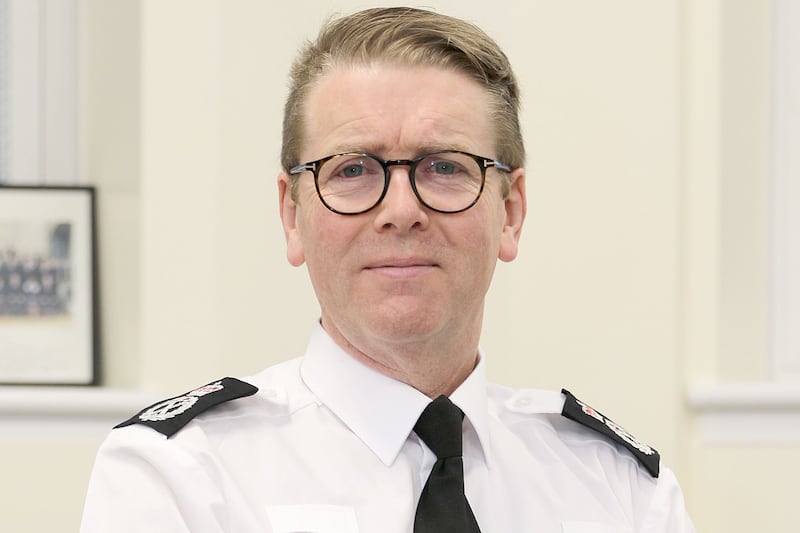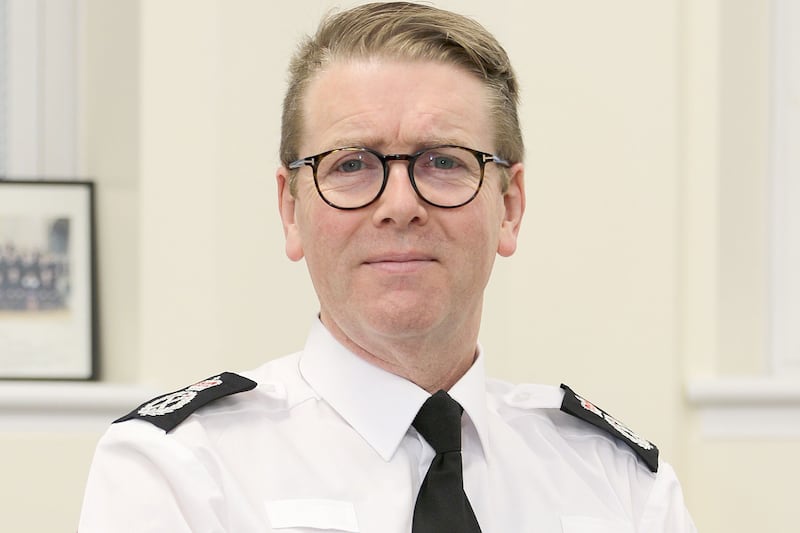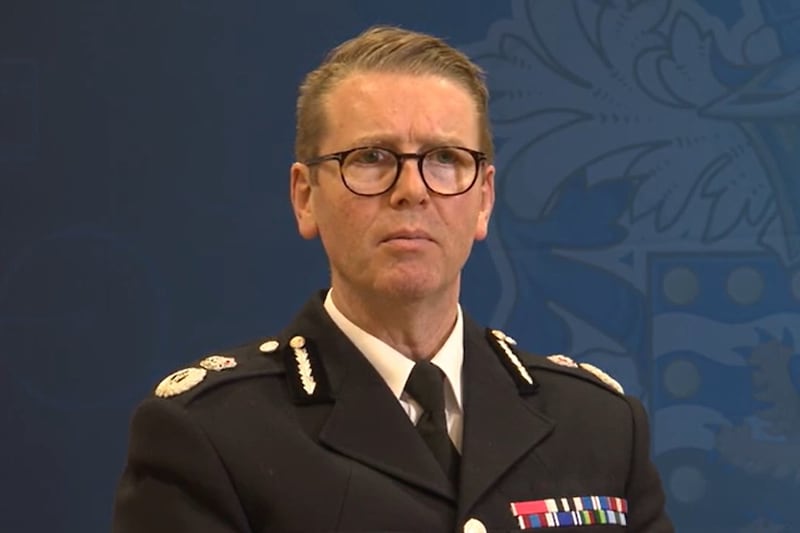ONE of Northern Ireland's most senior police officers has said despite the threat of further dissident republican attacks, the PSNI are not receiving information from within the nationalist community, with many people still fearing being branded an 'informer'.
Assistant Chief Constable Will Kerr was speaking to the Irish News ahead of this year's commemorative events to mark the centenary of the Easter Rising.
Following the death of prison officer Adrian Ismay earlier this month in a booby trap bomb by dissident republicans, the PSNI said they believed there were elements within republicanism who wanted to use the anniversary to kill members of the security forces.
The senior officer said that there are still people in both communities who are either afraid or unwilling to speak to police when it comes to activity seen as political.
"Both communities still remain unwilling to give us information when it comes to things that are perceived to be security based or political", he said.
"We get lots of information from communities around apolitical things be that drugs, child sexual exploitation or organised crime. We information and we are able to deal with it and we are very effective with it but once you step over that line into things that may still be associated with the past we struggle to get information".
And the assistant chief constable said that he understood the stigma still surrounding the passing of information to police in hardline nationalist communities and suggests the issue was one in need of further political discussion.
"We still need to find a way to reframe that discussion around community information so that it's not seen as a dirty word", he said.
"We understand that, none of us are naive enough to think that you can just dismiss that threat automatically, of course we don't but if we are really going to deliver on Fresh Start, if we are to really get rid of these groups on both sides we need to completely reset the relationship.
"Community information, intelligence whatever you want to call it is still viewed through the prism of the past, and we need to set it against the threats posed by these groups today, otherwise we'll end up with loyalist groups and DR (dissident republican) groups here in another generation", he said.
While the senior officer says police believe there are several hundred active dissidents only a handful of former members of the Provisional movement are in leadership positions within the two most active groups, the new IRA and Oglaigh na hEireann.
"What we were concerned about was that the Easter Rising would be used as an excuse, it hasn't increased the capability of DR groups, what it has done is given them a completely flawed excuse to frame some of these attacks", he said.
"There are a few hundred people actively involved in DR groups at the moment and there is significantly smaller number than that involved in leadership and direction, and those people would have terrorist experience.
"The threat has been severe since February 2009, but even within that definition we're definitely within a flow at the minute.
"There is no doubt and they're very active at the moment, but we've seen these patterns before over the last five or six years.
"You have young people who some of them wouldn't have been born at the time of the Good Friday Agreement or would have been very, very young.
"They are being dragged in with this false hope and false romanticism that there is something good and legitimate and sensible about using violence when everyone else politically and democratically has moved on", Mr Kerr said.
"We've had these groups these groups hanging around our necks for a significant period of time, we need to address it properly, but you address it through a combination of things, through education, through economic investment, putting people in jobs and though positive outlets.
"You cannot police or arrest your way out of the problems we've had for the last 40 years", Mr Kerr added.








